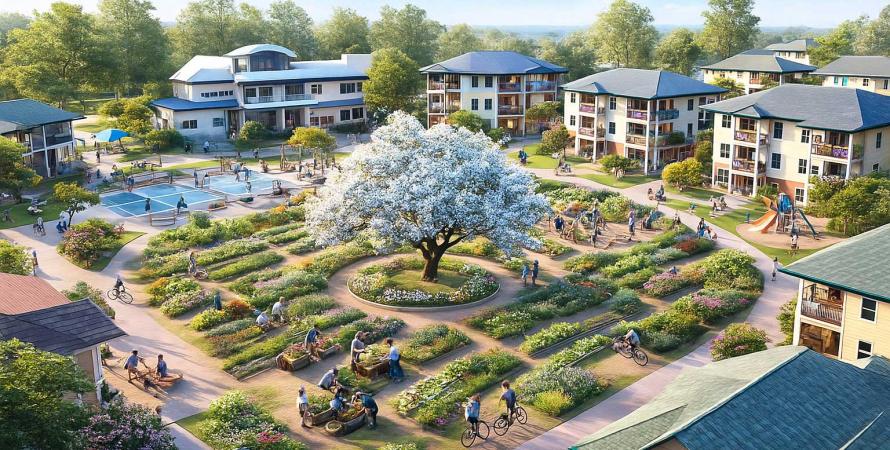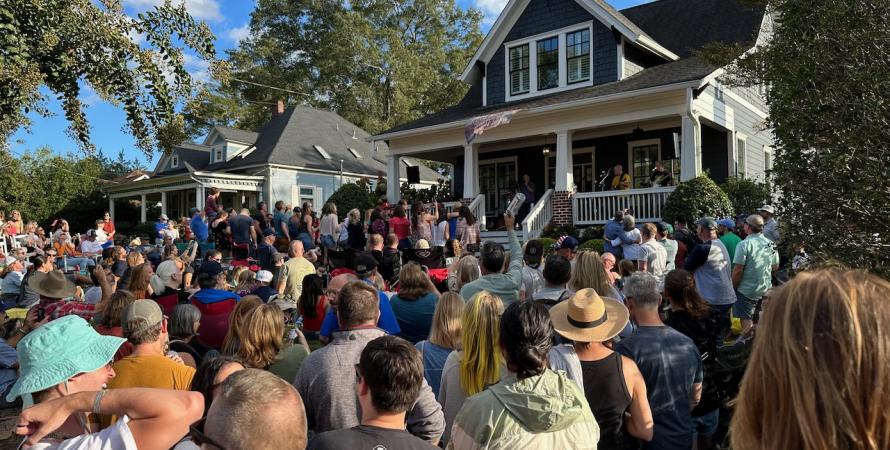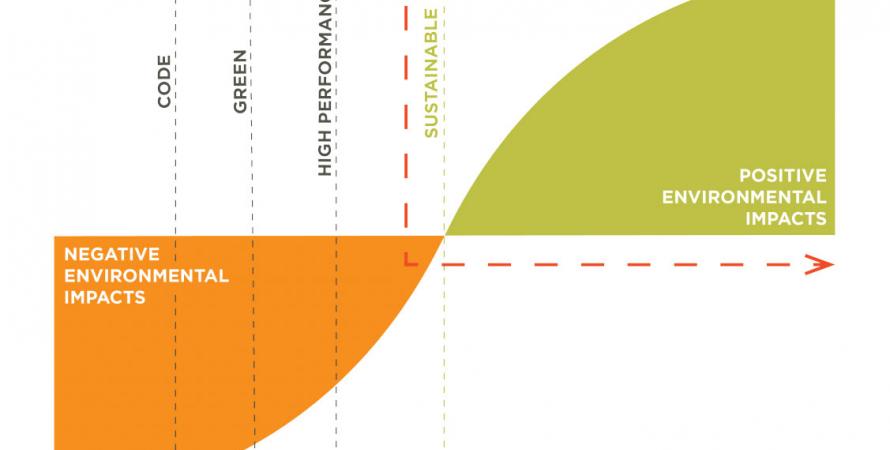-

Not quite urban, an ‘intentional neighborhood’ breaks ground
Polestar Village brings a health and wellness focus to Radburn-like community that is centered on a community garden.Today I highlight a project that is not New Urbanism. It is a hybrid between NU and conventional design. Polestar Village , scheduled to break ground in February in Fort Collins, Colorado, is described as “semi-urban.” “We call it an ‘Intentional Neighborhood’ and it will include a walkable Village...Read more -

The resilience built in
What Porchfest teaches us about place.There’s a lot to love about Porchfest, the increasingly popular, oversized block party experience where porches become performance stages and lawns become venues. The music, the neighboring, the strange but welcome sense of permission to wander across a stranger’s lawn and linger on their grass,...Read more -

A new urbanist and a green builder walk into a bar
How might they empower each other to build walkable, decarbonized cities?Note: This piece was published on the Emerging New Urbanists substack. Say Jane, the Emerging New Urbanist, and Bob the Green Builder walked into a bar … how might the conversation unfold? Both individuals work in fields related to the built environment—urban planning and construction. They share a...Read more -

What New Urbanists can learn from The Villages
We've learned how to design a good block. It's time for new urbanists to focus on the block party, says Fernando Pages Ruiz. The Villages have mastered that aspect of community building.Note: Fernando Pages Ruiz and Andres Duany will discuss lessons from the Villages in an On the Park Bench webinar on July 15, at 12 noon ET. The Villages, Florida, is the fastest-growing metropolitan area in the United States. That fact alone should prompt attention from planners. But there’s a...Read more